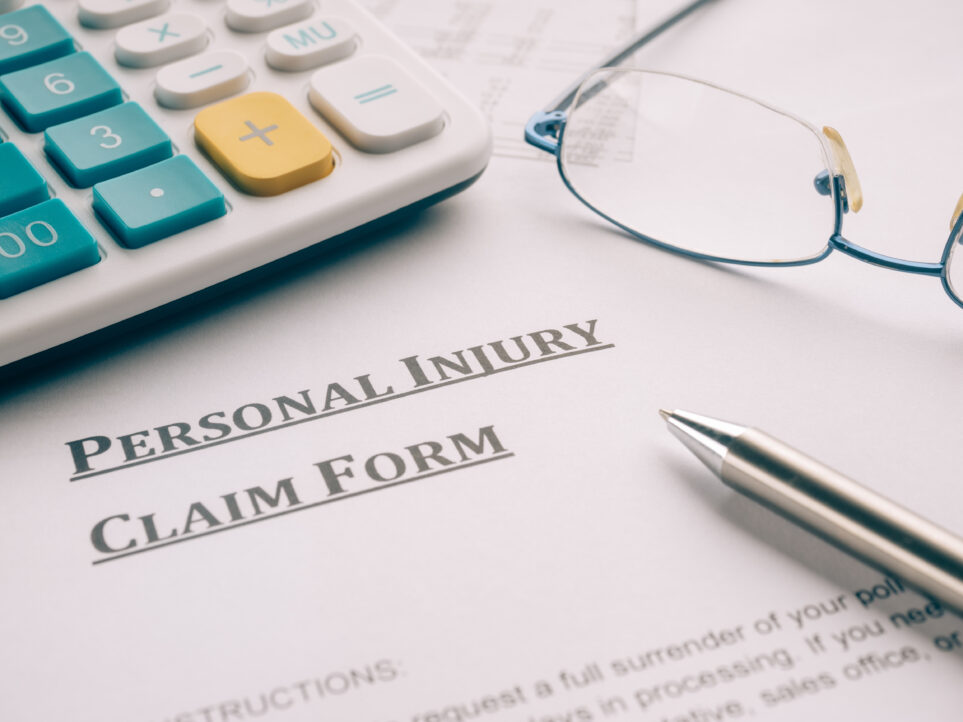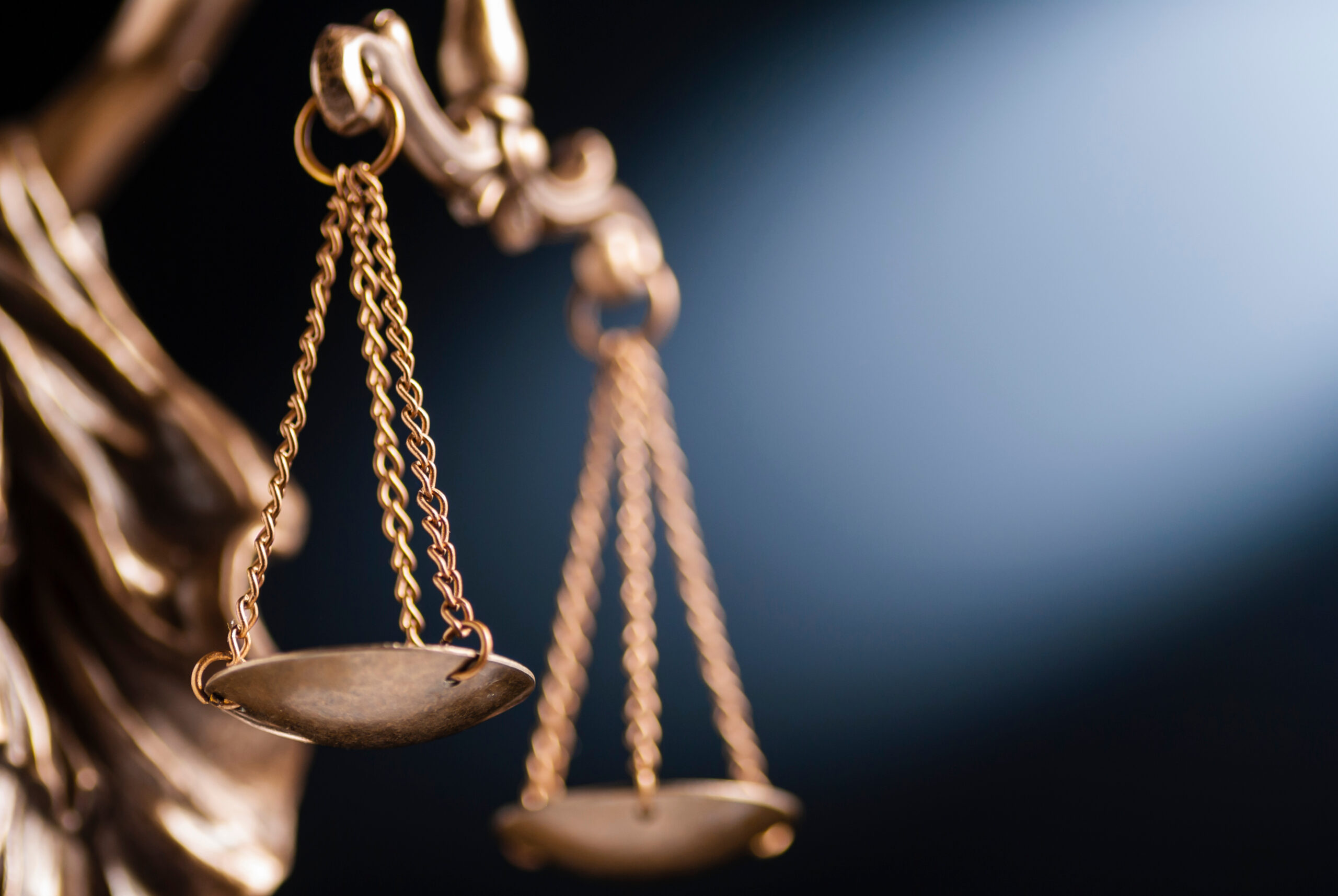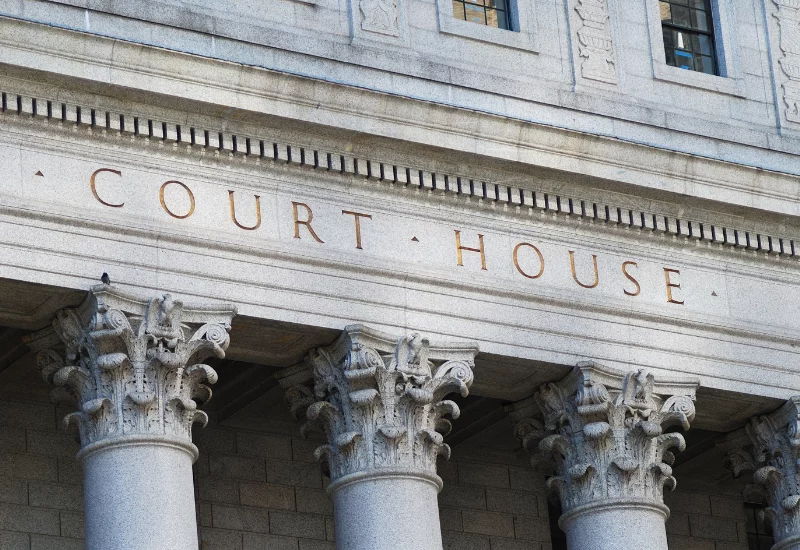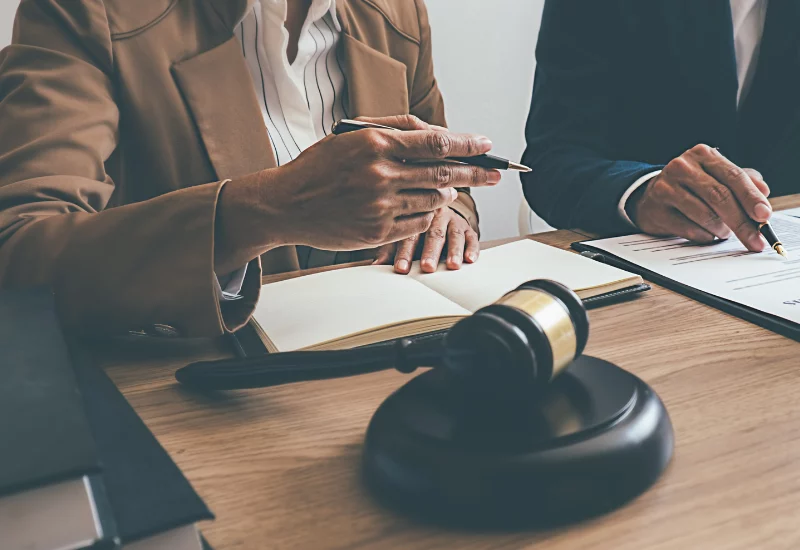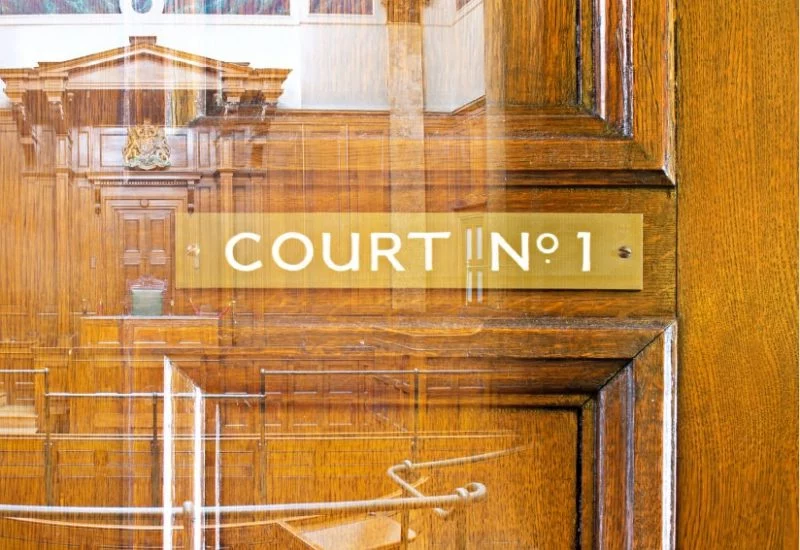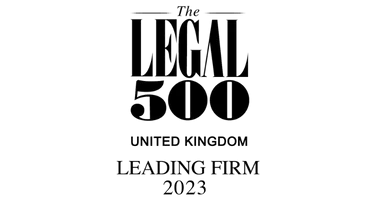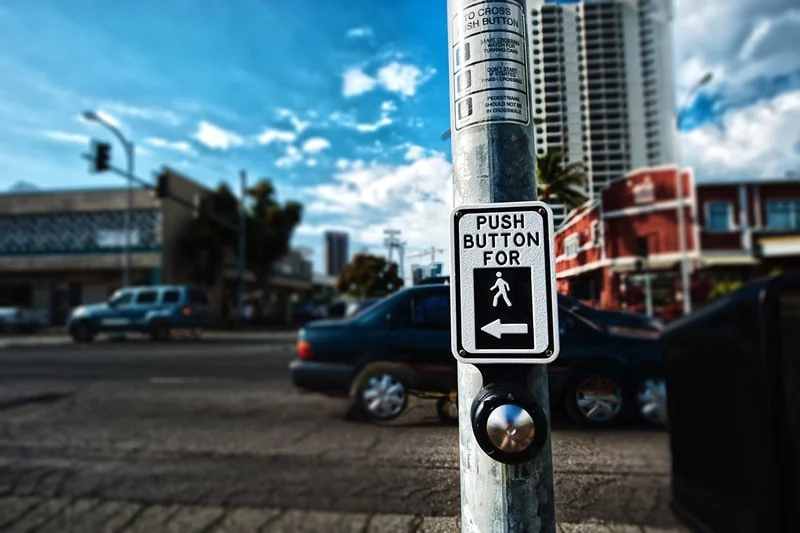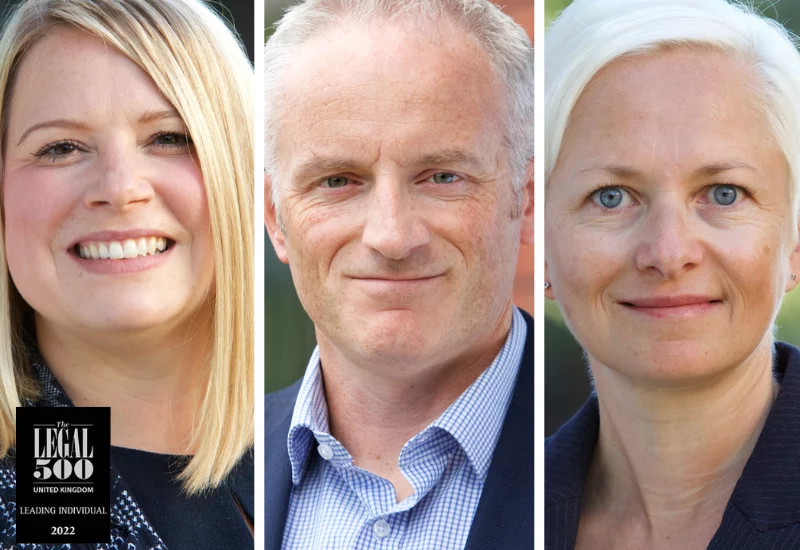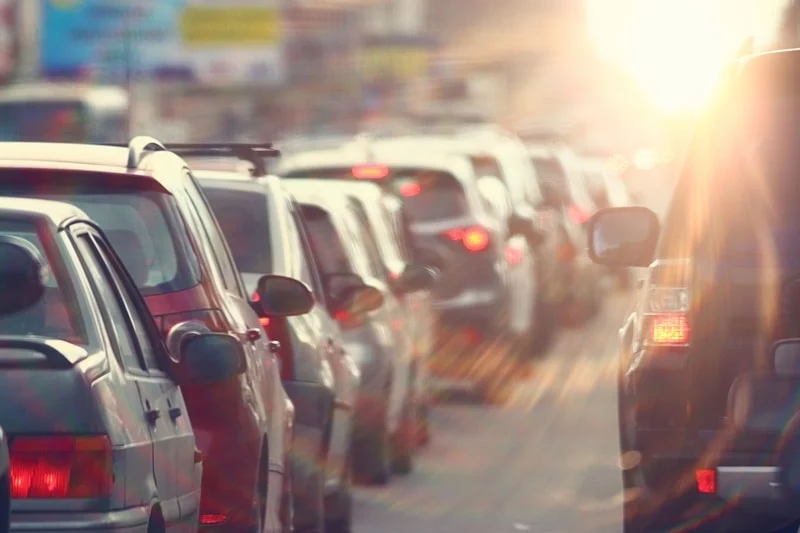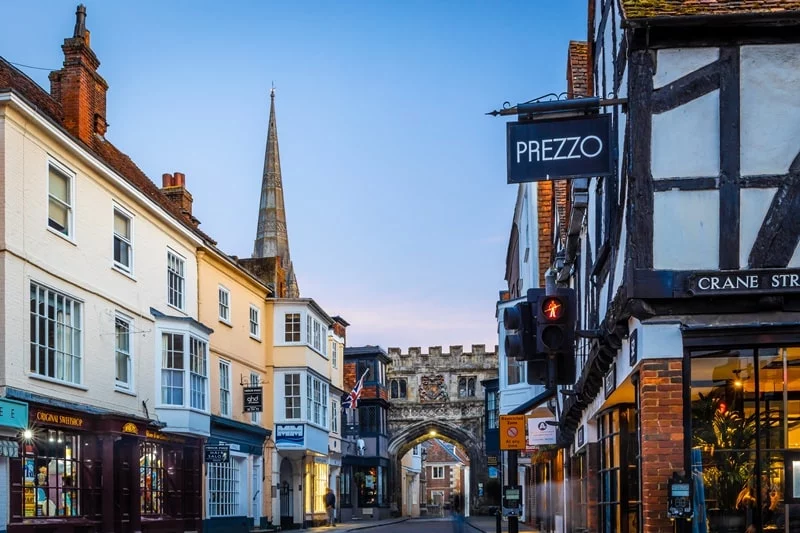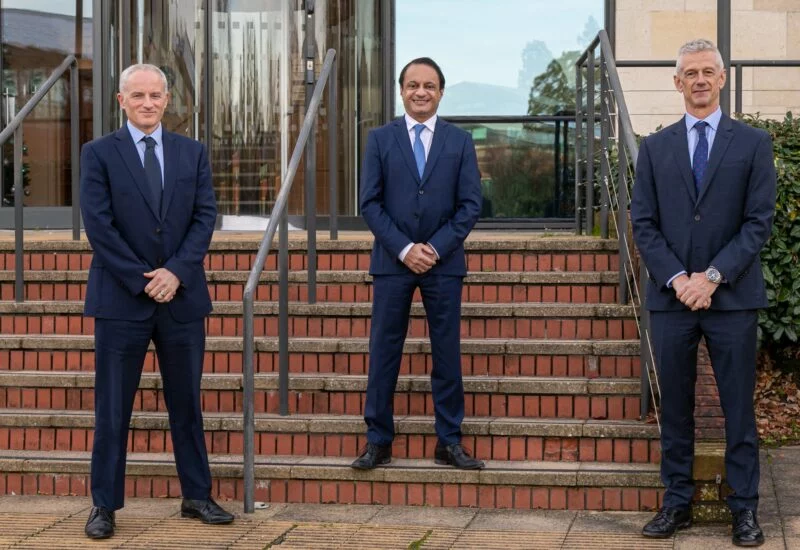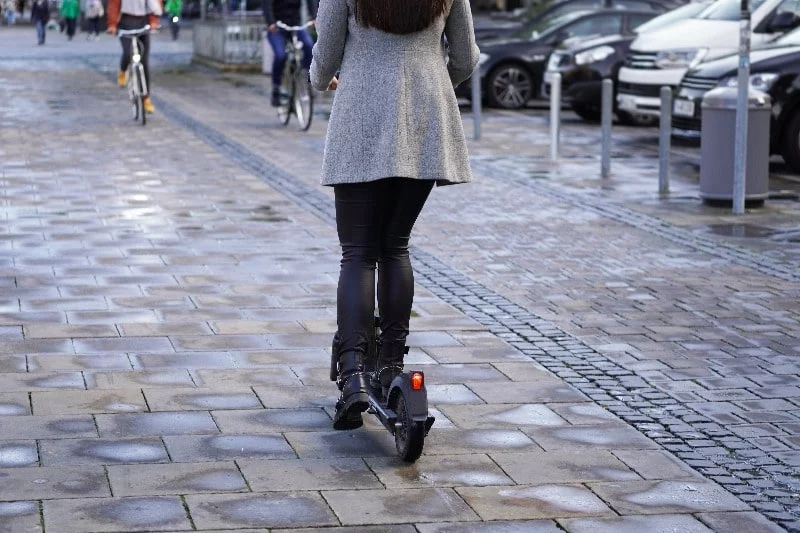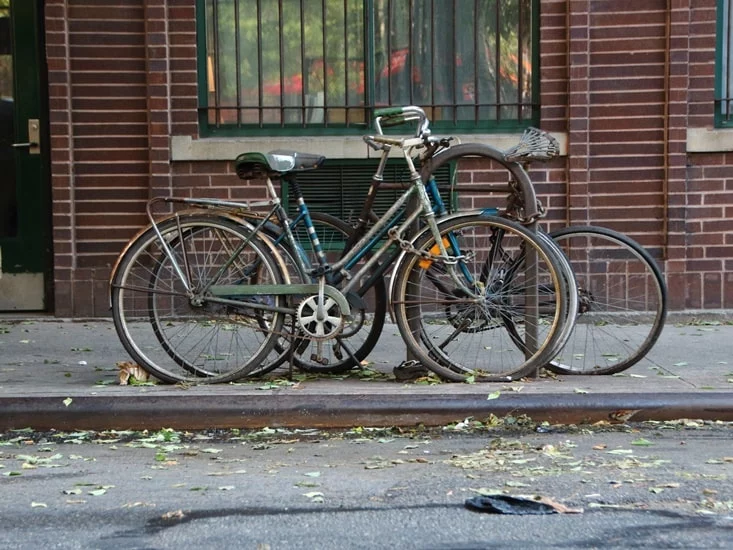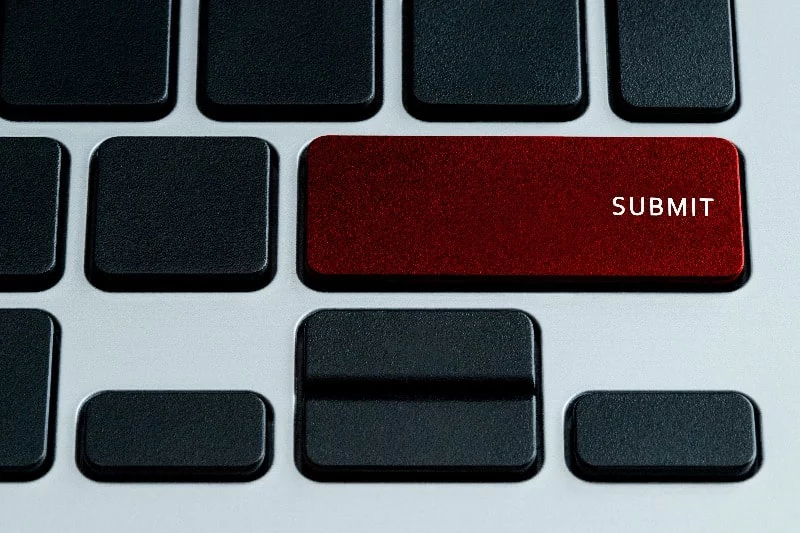How will COVID-19 change the personal injury landscape?
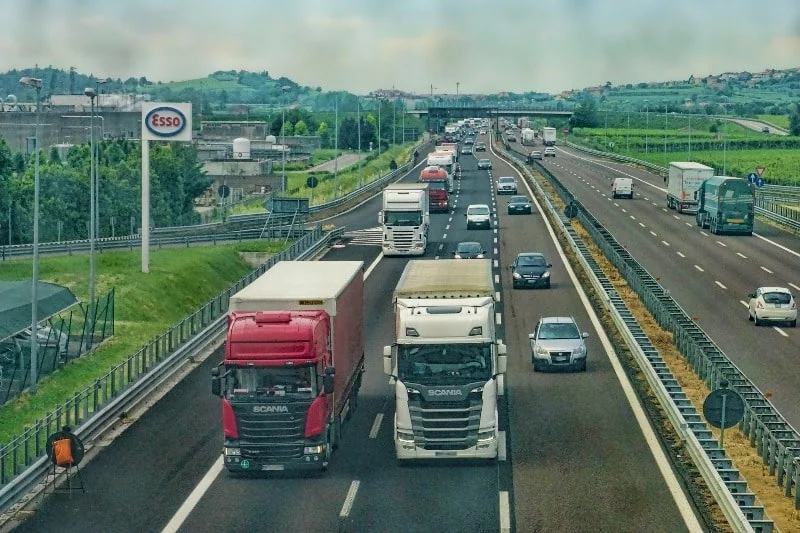
This article was originally published in the PI Brief Update Law Journal on 12 October 2020 and was published online by Expert Witness on 12 January 2021 and in print Issue 35, February 2021.
In the motor insurance space the headline news is that there has been a downward trend in terms of claims volumes.
Personal Injury
A downward trend is expected with millions of workers having been furloughed or working from home throughout lockdown which will have impacted on traffic volumes and therefore accidents. In addition to reduced volumes there have been fewer passengers in any given vehicle, with public transport in particular impacted in this way. It may be that accident volumes have not dropped quite as sharply as the number of claims presented as the latter will have been impacted in part by the ability of solicitors and claims management companies to take instructions and action new claims. There is also anecdotal evidence that there have been more serious accidents. There is a sense that many drivers have started returning to work after some months and are as a result rather “rusty”. There have been reports of incidents involving pedestrians who have been injured whilst walking on the road to maintain social distancing from other pedestrians. There have been more cyclists on the roads due to the increase in leisure time for some and some police forces have reported substantial increases in issued speeding fines as driving standards may have been relaxed due to emptier roads.
In the short term there is likely to be a backlog of issued claims to work their way through the court system. Whilst the courts have made laudable attempts to switch to remote hearings where possible, the courts have not been fully staffed so some delays are inevitable. Many firms have dealt with remote JSMs and mediations but again there is a sense that these are less successful than their pre COVID face to face counterparts with a party being less likely to invest in settlement if they remain sat on their sofa throughout rather than physically making a journey. There have also been delays to the progress of some pre and post issue claims due to Claimants who may have been shielding having been unable to avail themselves of treatment or to attend medico legal appointments. Again whilst some medical and medico legal practitioners have continued to operate with some form of remote treatment and examinations this is not always feasible. There may be little point in agreeing to fund remote treatment and medico legal examinations if face to face appointments are inevitable in a given case as this will only lead to duplicated costs and no time saving. Other heads of loss will also be impacted including loss of earnings claims where people may have been out of work for some time due to injuries but where the evidence suggests that their work would have been disrupted by COVID-19 in any event. Inevitably the costs of claims could also rise and this is something to look out for in the cost budgeting process and when any applications are made to vary budgets. It seems unlikely that COVID alone will amount to a significant development so as to justify amendment.
Vehicle Repair and Credit Hire
Many personal injury cases are pursued alongside vehicle repair and credit hire cases. There are likely to be discrete impacts on these claims. COVID-19 is thought to have caused disruption to the supply of vehicle parts with production levels down. This together with a reduction in labour supply will mean increased repair times and therefore increased hire duration. It will be as important as ever to be pro active with these claims to minimise delays and to analyse claims by going back to basics and considering for example whether a hire vehicle was needed at all if a Claimant was furloughed and with limited socialising possible. Rates surveyors are still operating so their evidence can still be used to challenge rates in the usual way.
Fraud
There are inevitable concerns that an economic downturn will result in more fraudulent claims. Insurers will need to be increasingly vigilant to look out for the signs of staged accidents and exaggerated claims that otherwise give genuine Claimants a bad name. It is unfortunate that forecasts of a downturn may coincide with the delayed whiplash reforms and litigant in person portal. There were already fears pre COVID-19 that the encouragement of litigants in person could lead to an increase in fraudulent claims and therefore undermine the hoped for cost reductions achieved by the removal of lawyers from some lower value cases. This may be exacerbated by a recession and it remains to be seen whether the reforms will be delayed further or even abandoned. Some tools used in the fight against fraud such as social media checks may remain useful, but others such as surveillance are less likely to be productive whilst many people remain locked down. As well as fraudulent and exaggerated claims insurers should expect a resurfacing of older claims which had already been repudiated.
Generally speaking parties are likely to be more amenable to commercial settlements in appropriate cases as any recession bites on finances whether those of an individual Claimant, a CHO, a self insuring business or an insurer.
However these issues develop it is clear that there will be an impact from COVID-19 and insurers and practitioners alike will need to be mindful of the changing landscape.
This article was written by Kelvin Farmaner and David Wilson.
Kelvin Farmaner is a Partner with Trethowans LLP and Head of the Insurance & Regulatory Team.
David Wilson is the Managing Director of Van Ameyde UK Limited.
To read the original article, please follow this link.

